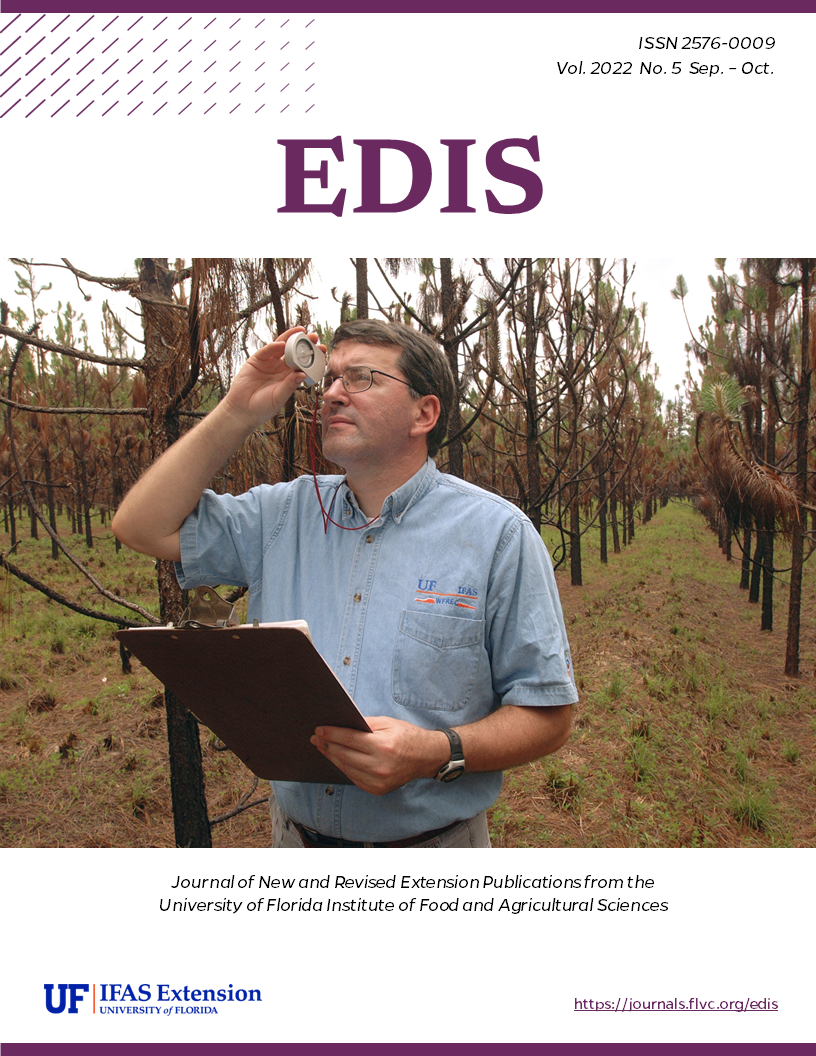Abstract
This fourth publication of the Cooperating Teachers’ Best Practices for Mentoring series focuses on role modeling. Role modeling is achieved by the cooperating teacher positively modeling all aspects of teaching. This can be accomplished through demonstrating teaching methods, explaining classroom management techniques, and modeling effective communication. Through observation, the student teacher decides what and how they will implement or not implement as an educator in their own classroom. Written by Heather R. Nesbitt and Debra M. Barry and published by the UF/IFAS Department of Agricultural Education and Communication; 3 pp.
https://edis.ifas.ufl.edu/wc423
References
Alemdag, E., & Simsek, P. O. (2017). Pre-service teacher’s evaluation of their mentor teachers, school experiences, and theory-practice relationship. International Journal of Progressive Education, 13(2), 165–179. https://ijpe.inased.org/makale_indir/244
Barry, D. (2019). Evaluation of student teacher supervision and mentoring through the preparations and assistance for cooperating teachers (PACT) program for assisting and supporting agriscience cooperating teachers in Florida (Publication No. 27546454) [Doctoral dissertation, University of Florida]. ProQuest Dissertations Publishing.
Edgar, D. W., Roberts, T. G., & Murphy, T. H. (2011). Exploring relationships between teaching efficacy and student teacher–cooperating teacher relationships. Journal of Agricultural Education, 52(1), 9–18. https://doi.org/10.5032/jae.2011.01009
Frisby, B. N., & Martin, M. M. (2010). Instructor-student and student-student rapport in the classroom. Communication Education, 59(2), 146–164. https://doi.org/10.1080/03634520903564362
Kasperbauer, H. J., & Roberts, T. G. (2007). Changes in student teacher perceptions of the student teacher-cooperating teacher relationship throughout the student teaching semester. Journal of Agricultural Education, 48(1), 31–41. https://doi.org/10.5032/jae.2007.01031
Roberts, T. G. (2006). Developing a model of cooperating teacher effectiveness. Journal of Agricultural Education, 47(3), 1–13. https://doi.org/10.5032/jae.2006.03001
Rocca, S. J. (2005). Predicting preservice agriculture teachers' intentions to teach utilizing person inputs, contextual influences, teacher efficacy, and outcome expectations (Publication No. 3178030). [Doctoral dissertation, University of Florida]. ProQuest Dissertations & Theses Global.
Scandura, T. A. (1992). Mentorship and career mobility: An empirical investigation. Journal of Organizational Behavior, 13(2), 169–174. https://doi.org/10.1002/job.4030130206

